A Comprehensive Guide to Altcoin Season
Introduction to Altcoins
Altcoins, short for "alternative coins," include all cryptocurrencies other than Bitcoin. Developed to introduce new features, functionalities, and innovations, altcoins offer diverse solutions for different use cases and markets. While Bitcoin remains the most well-known and widely adopted cryptocurrency, altcoins provide opportunities for diversification and specialization in sectors ranging from decentralized finance (DeFi) to privacy-focused transactions.
Exploring Cryptocurrency Trends and Categories
Altcoins can be broadly categorized into several distinct types, each serving a unique purpose within the digital economy:
Stablecoins
Stablecoins, such as Tether (USDT) and USD Coin (USDC), are pegged to traditional fiat currencies like the U.S. dollar. They offer stability in the often volatile cryptocurrency market, making them ideal for trading, saving, and transferring funds without the price swings associated with other cryptocurrencies.
Smart Contract Platforms
Cryptocurrencies like Ethereum (ETH), Cardano (ADA), Polkadot (DOT), and GraphLinq (GLQ) facilitate the creation and execution of smart contracts and decentralized applications (dApps). These platforms enable developers to build a wide range of decentralized services, from financial products to gaming and social media, directly on the blockchain.
- Ethereum (ETH): The most well-known smart contract platform, Ethereum allows developers to build and deploy dApps with its robust and flexible blockchain, making it the foundation for many DeFi projects, NFTs, and more.
- Cardano (ADA): Cardano focuses on security and scalability through its proof-of-stake consensus mechanism. It's designed to support large-scale dApps and smart contracts with a focus on academic research and peer-reviewed development.
- Polkadot (DOT): Polkadot offers interoperability between different blockchains, allowing multiple chains to operate together securely. This makes it an attractive platform for developers looking to build cross-chain applications.
- GraphLinq (GLQ): GraphLinq is a powerful automation tool for blockchain, enabling users to automate interactions with various blockchain networks and APIs without the need for coding. It provides a platform for building complex workflows and automations that can interact with smart contracts and dApps, making it easier to manage and monitor blockchain-based projects.
Privacy Coins
Altcoins such as Monero (XMR) and Zcash (ZEC) prioritize privacy and anonymity, ensuring that users' transaction details remain confidential. These coins are particularly attractive to individuals and businesses seeking to protect their financial privacy in an increasingly transparent world.
Governance Tokens and No-Code Solutions in Blockchain
Governance Tokens
Governance tokens, such as Uniswap (UNI) and Maker (MKR), provide holders with voting rights within a blockchain project. This allows users to influence key decisions about the network's development and future direction. This decentralized governance model empowers communities to actively shape the evolution of their favorite platforms.
No-Code Solutions
No-code platforms are transforming the blockchain industry by enabling users to create and manage blockchain applications without any coding skills. One standout example is the GraphLinq IDE. This user-friendly interface allows individuals to design, automate, and deploy blockchain workflows effortlessly. With GraphLinq IDE, users can connect to various blockchains, APIs, and data streams to build complex automations—all without writing a single line of code. This democratizes blockchain development, making it accessible to non-developers and fostering innovation across the ecosystem.
Leveraging Tools and Resources for Success
To navigate the complex and fast-paced world of altcoins, investors must leverage a variety of tools and resources:
News Aggregators
Platforms such as CoinDesk and CryptoSlate provide real-time updates and insights into the latest trends, regulatory developments, and technological advancements in the cryptocurrency market. Staying informed is crucial for making timely investment decisions.
Market Data Platforms
Websites like CoinMarketCap and CoinGecko offer comprehensive data on thousands of cryptocurrencies, including price histories, market capitalizations, and trading volumes. These platforms are essential for analyzing market trends and identifying potential investment opportunities.
Social Media and Community Engagement
Engaging with online communities on platforms like Reddit, Twitter, and Telegram allows investors to tap into the collective knowledge and experience of the crypto community. These forums are excellent sources of real-time information, sentiment analysis, and peer insights.
Portfolio Management Tools
Apps like Blockfolio and Delta help investors track their altcoin holdings, monitor performance, and manage risk. These tools provide a centralized dashboard for viewing all your investments, enabling better decision-making and strategy adjustments.
How to Invest in Altcoins
Investing in altcoins requires a methodical approach to minimize risks and maximize potential returns:
Choose a Reputable Exchange
Start by selecting a trusted cryptocurrency exchange, such as Binance, Coinbase, or Kraken. These platforms offer a wide range of altcoins, robust security features, and high liquidity, making them ideal for both beginners and seasoned traders.
Register and Verify Your Account
Sign up on the chosen exchange and complete the necessary identity verification steps, which may include submitting government-issued IDs and proof of address. This process is essential for complying with regulations and ensuring the security of your account.
Fund Your Account
Deposit funds into your exchange account using various methods, including bank transfers, credit/debit cards, or cryptocurrencies. Be mindful of deposit fees and processing times, which can vary depending on the payment method and exchange.
Research and Select Altcoins
Thoroughly research the altcoins you're interested in, considering factors such as the project's use case, the team behind it, market demand, and competition. Understanding these elements will help you identify coins with strong growth potential and long-term viability.
Place Your Order
Decide whether to execute a market order, which buys at the current price, or a limit order, which buys when the price reaches a specific level. Market orders are quicker but may result in higher costs, while limit orders offer more control over the purchase price.
Secure Your Altcoins
After purchasing, transfer your altcoins from the exchange to a secure wallet. Hardware wallets like Ledger or Trezor offer the highest level of security by keeping your private keys offline, while software wallets provide convenience and accessibility for frequent traders.
Tracking Altcoins During Altcoin Season
Altcoin season refers to periods when altcoins outperform Bitcoin, often resulting in substantial gains for those who invest wisely. To navigate altcoin season effectively:
Altcoin Season Index
The Altcoin Season Index measures the performance of altcoins relative to Bitcoin. A high index indicates that altcoins are gaining momentum, signaling a favorable environment for altcoin investments.
Crypto Watchlists
Maintain a watchlist of your preferred altcoins using platforms like Coin360 or portfolio management apps. These tools allow you to monitor price movements, market capitalization, and other key metrics in real time, helping you make informed trading decisions.
Stay Informed on Trends
Continuously update your knowledge by following reputable cryptocurrency news sources, engaging with industry leaders on social media, and participating in online forums. Staying informed about market developments, technological advancements, and regulatory changes is crucial for capitalizing on altcoin opportunities.
Conclusion
Investing in altcoins offers the potential for significant returns, but it requires careful planning, diligent research, and continuous monitoring of market conditions. By understanding the different types of altcoins, leveraging the right tools and resources, and staying informed about market trends, you can navigate the complexities of the altcoin market and maximize your investment opportunities.
Frequently Asked Questions
What factors should I consider when choosing an altcoin for investment?
Evaluate the altcoin’s technology, development team, market demand, use case, and competition. Consider the altcoin's potential for growth and its role within the broader cryptocurrency ecosystem.
How can I securely store my altcoins after purchasing them?
Use a secure wallet, preferably a hardware wallet, to store your altcoins. Enable two-factor authentication and keep your private keys safe and offline to protect your assets from theft.
How do I stay updated on the latest cryptocurrency trends and news?
Follow crypto news websites, participate in online communities, and use market data platforms to stay informed. Engage with industry experts and keep an eye on social media for real-time updates and insights.
What factors contribute to the occurrence of altcoin season?
Altcoin season typically occurs when Bitcoin’s dominance in the market decreases, and investors seek higher returns from altcoins. Positive market sentiment, technological advancements, and increased adoption of altcoins also contribute to altcoin season.
How can I assess whether an altcoin is overvalued or undervalued?
Analyze factors such as market capitalization, price-to-earnings ratio, and the altcoin's underlying technology and project fundamentals. Compare its performance to other cryptocurrencies in the same category to determine its relative value.
By enhancing the readability and SEO performance of this guide, we aim to provide an informative and engaging resource for business professionals and organizations looking to capitalize on the opportunities presented by altcoins and the broader cryptocurrency landscape.


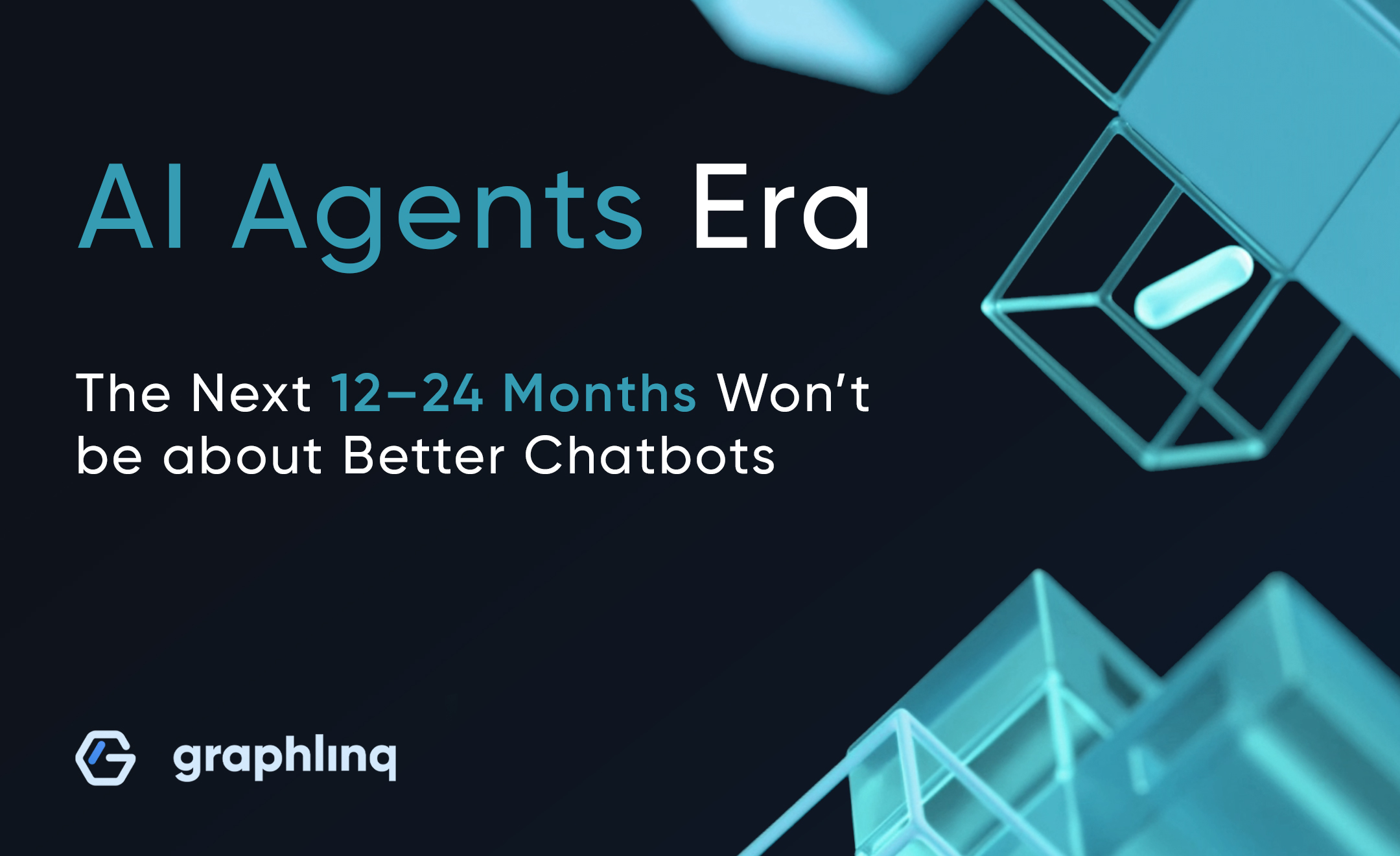
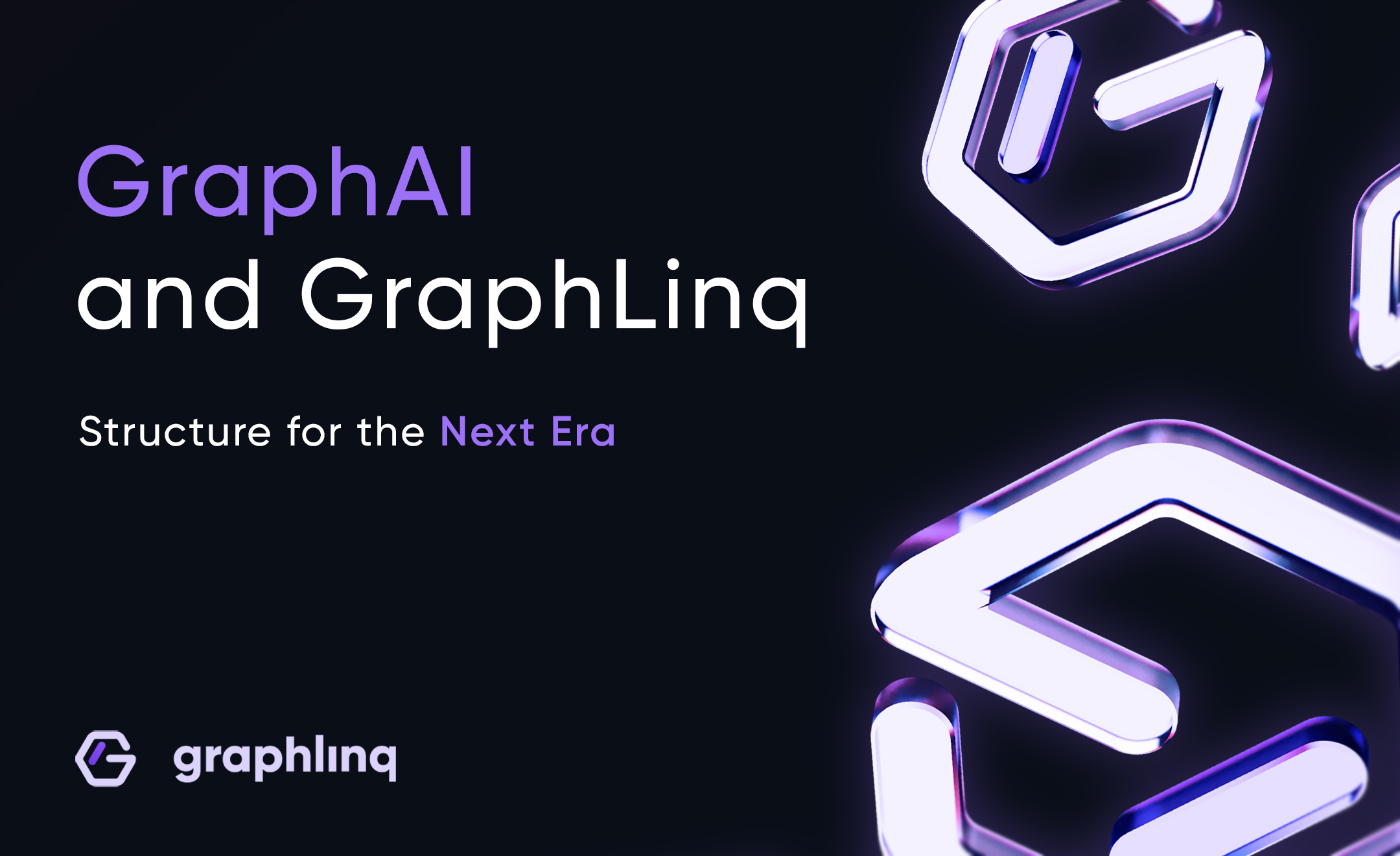
.jpg)
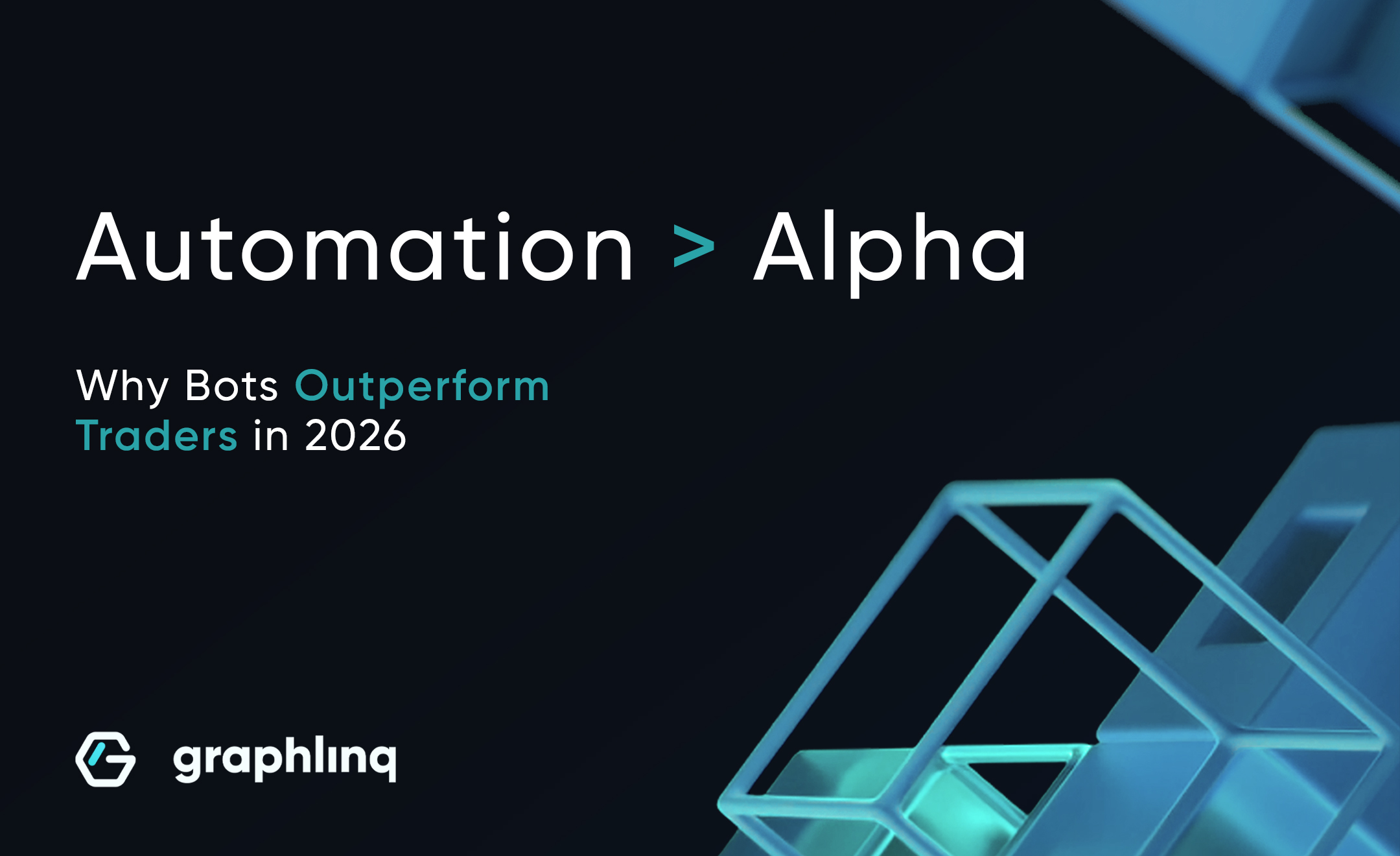
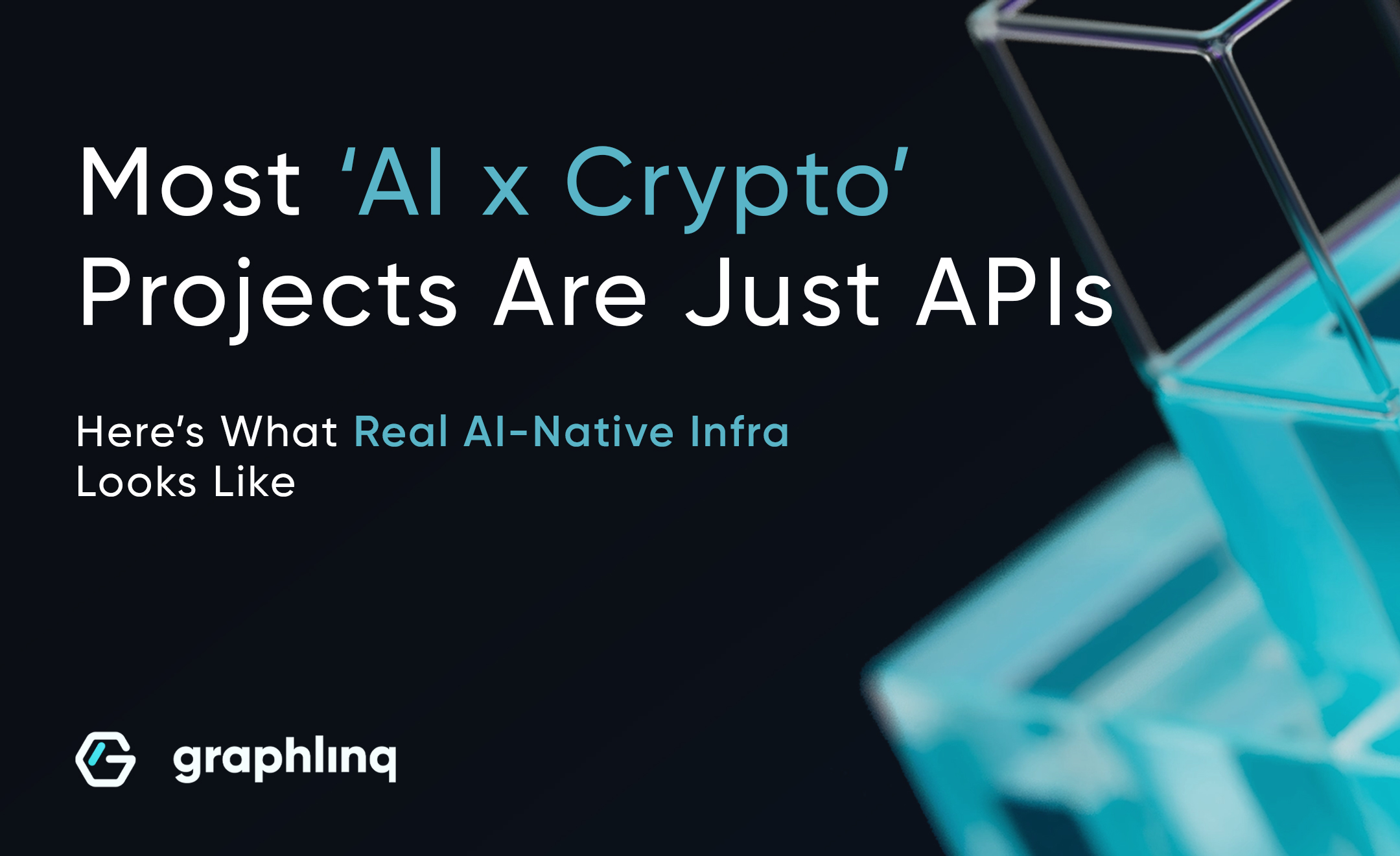
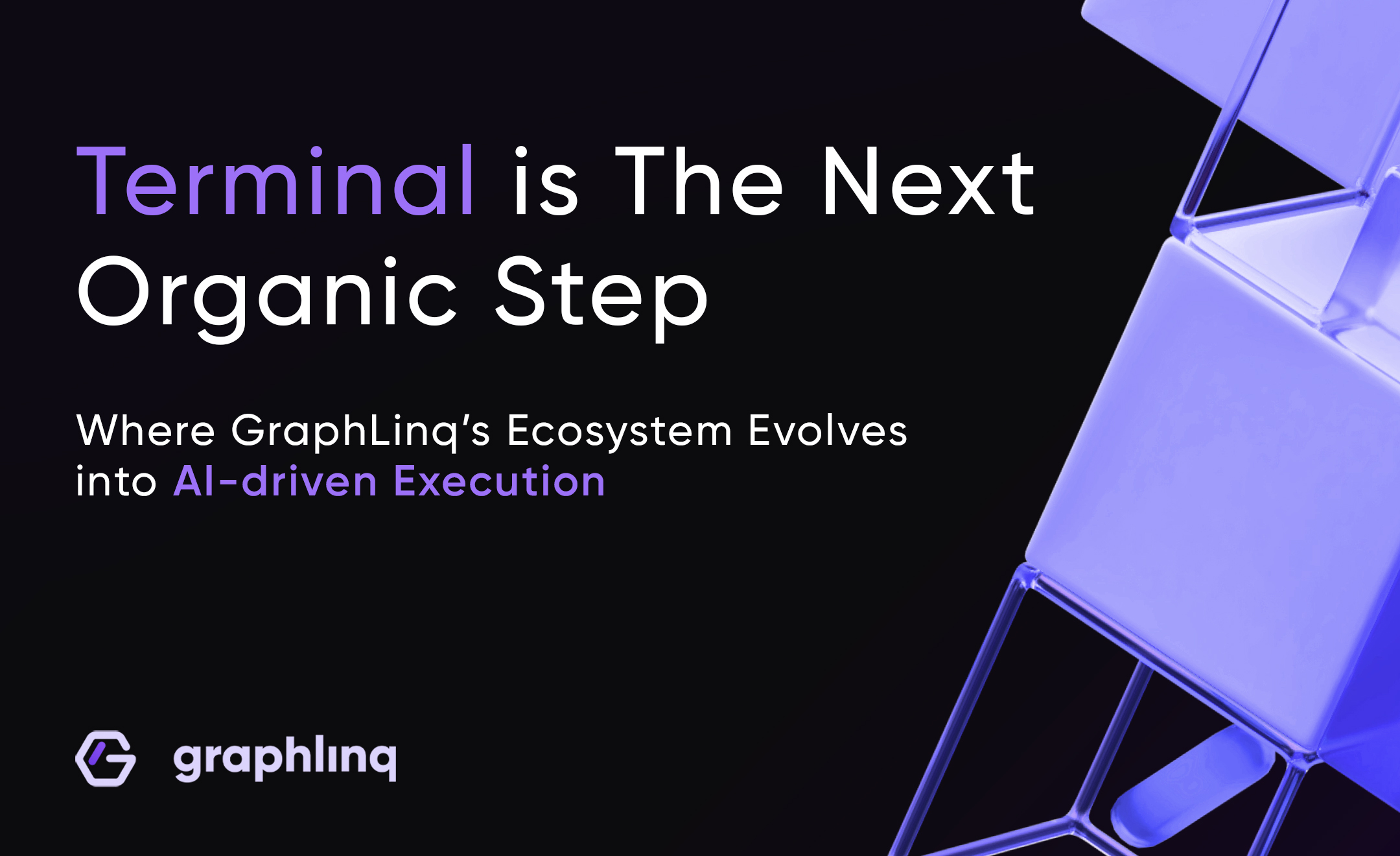
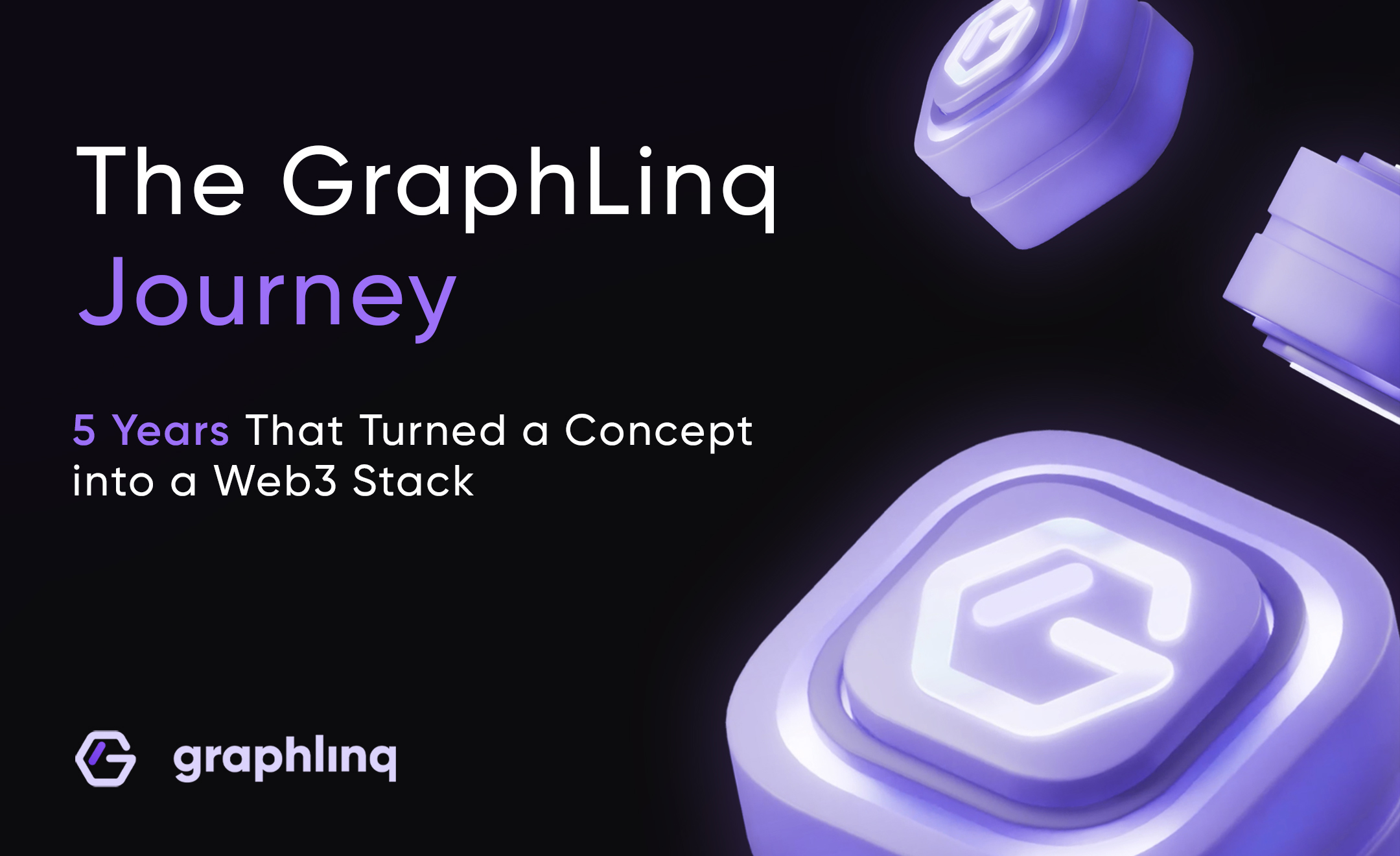

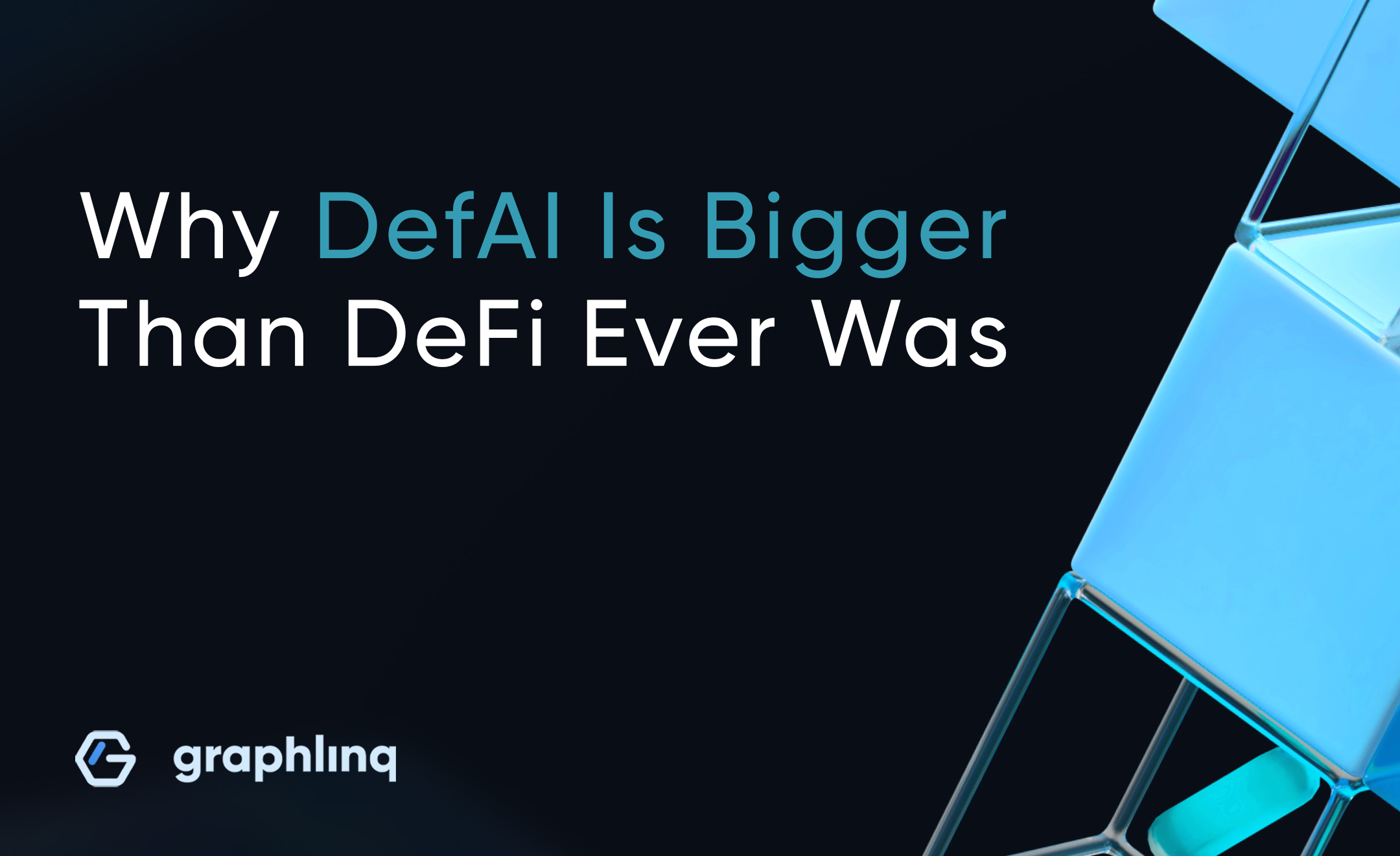

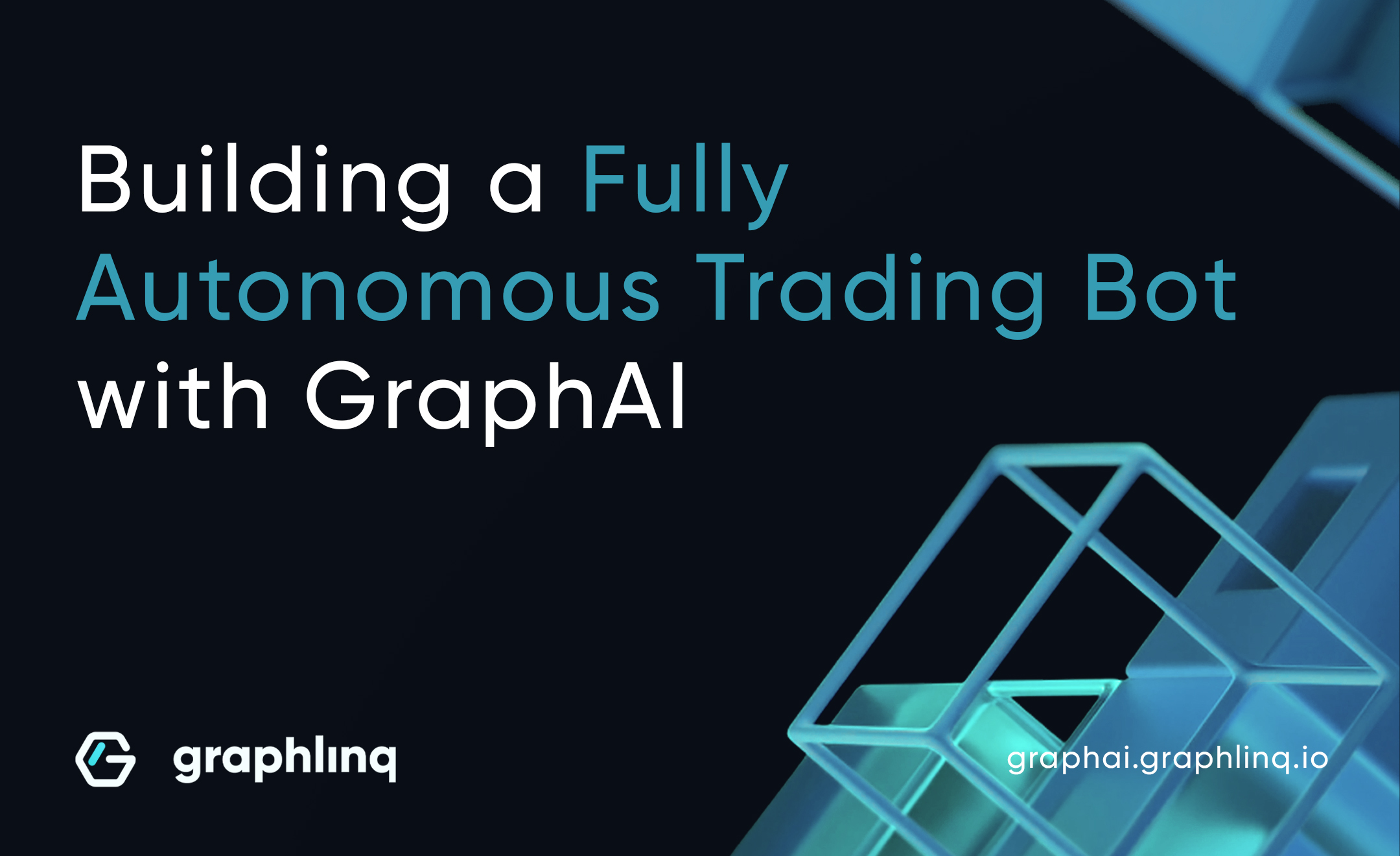
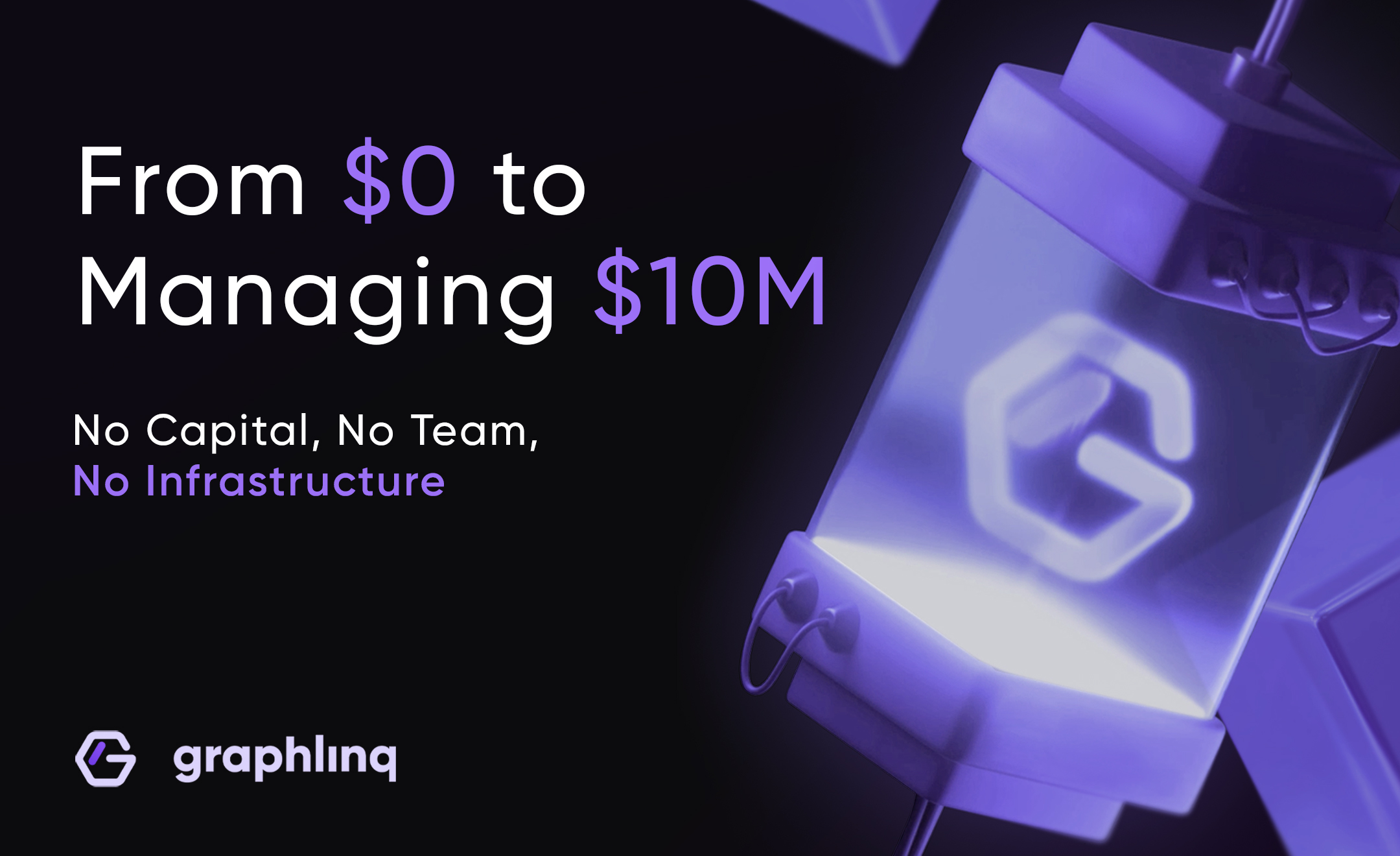
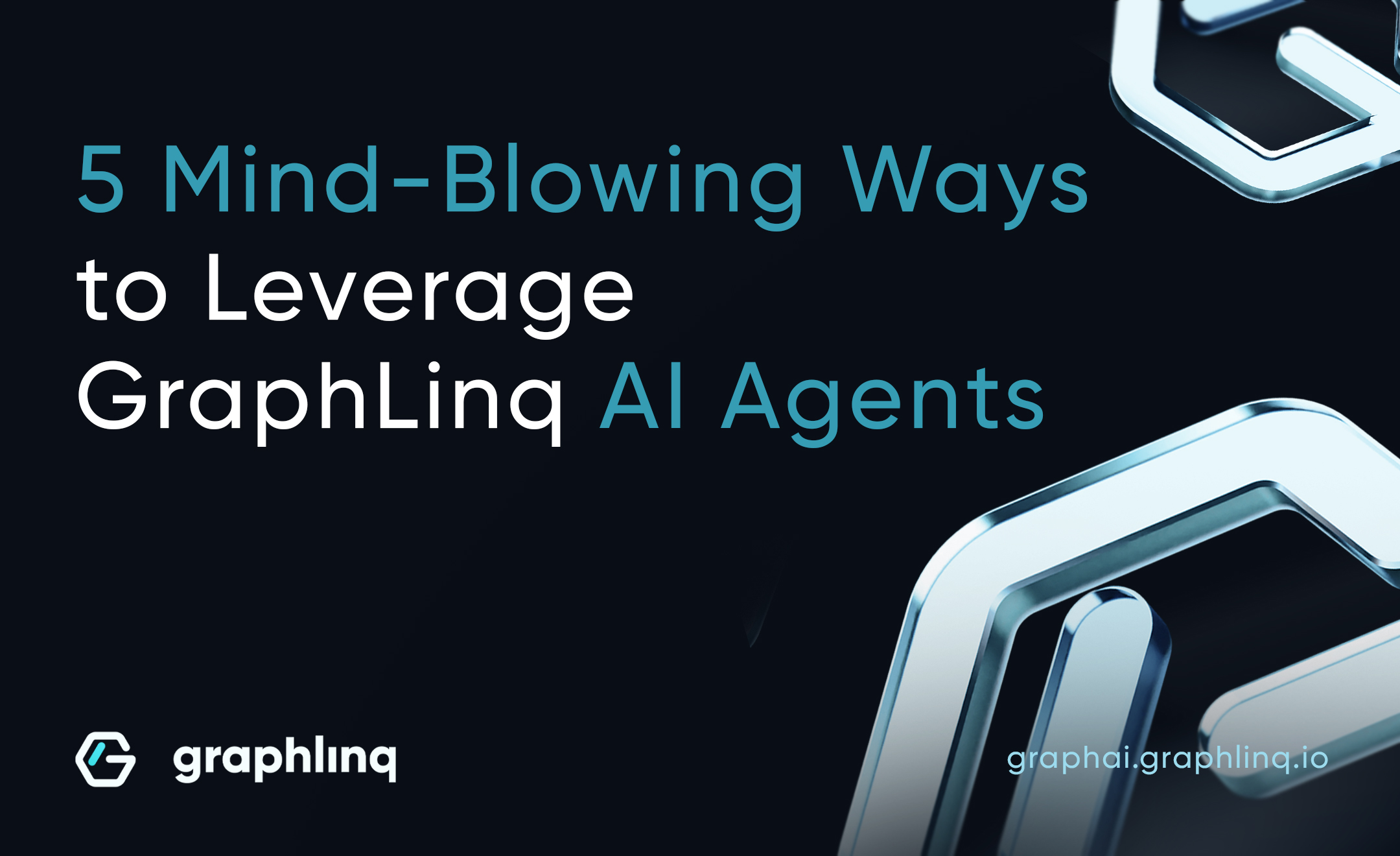
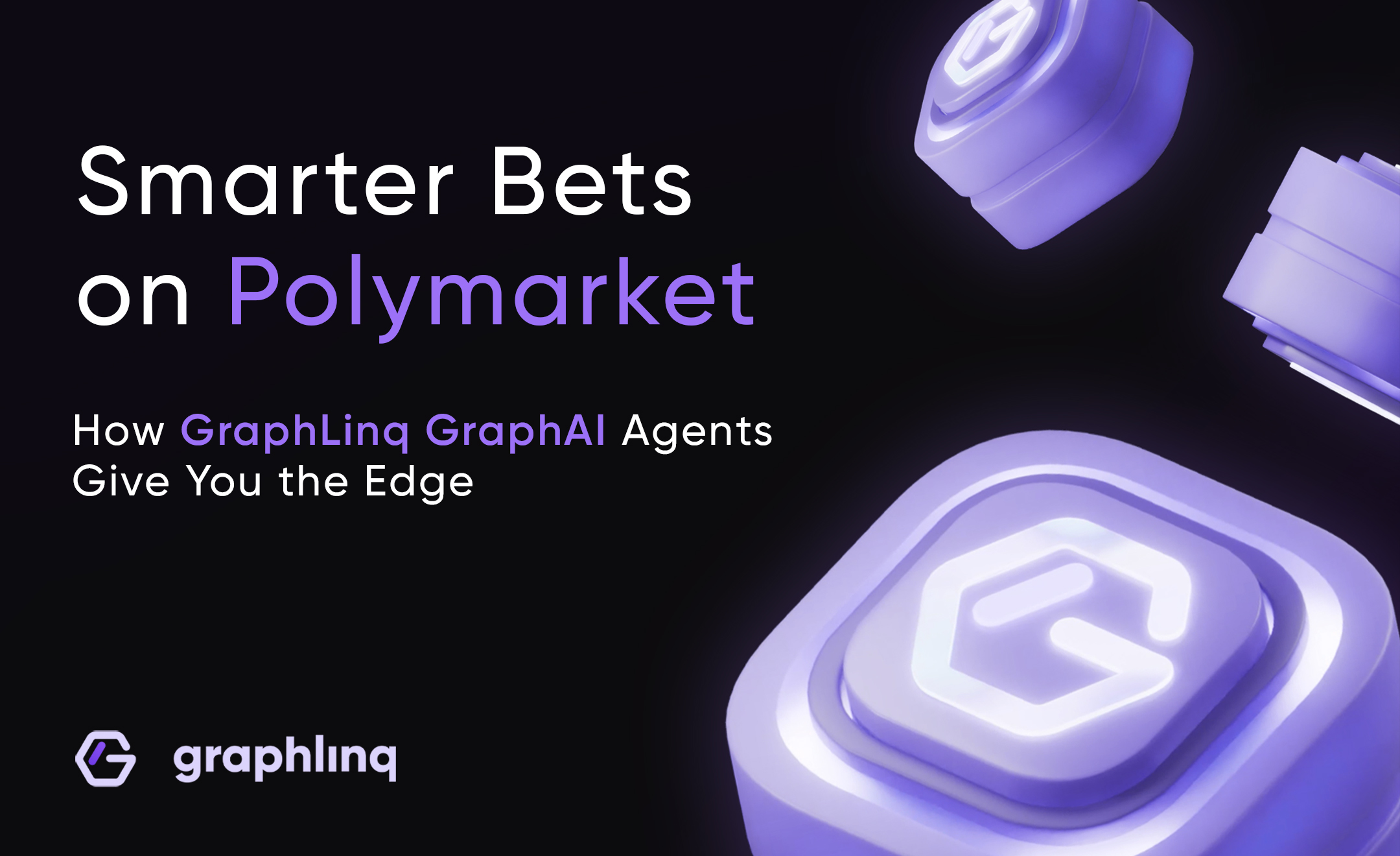
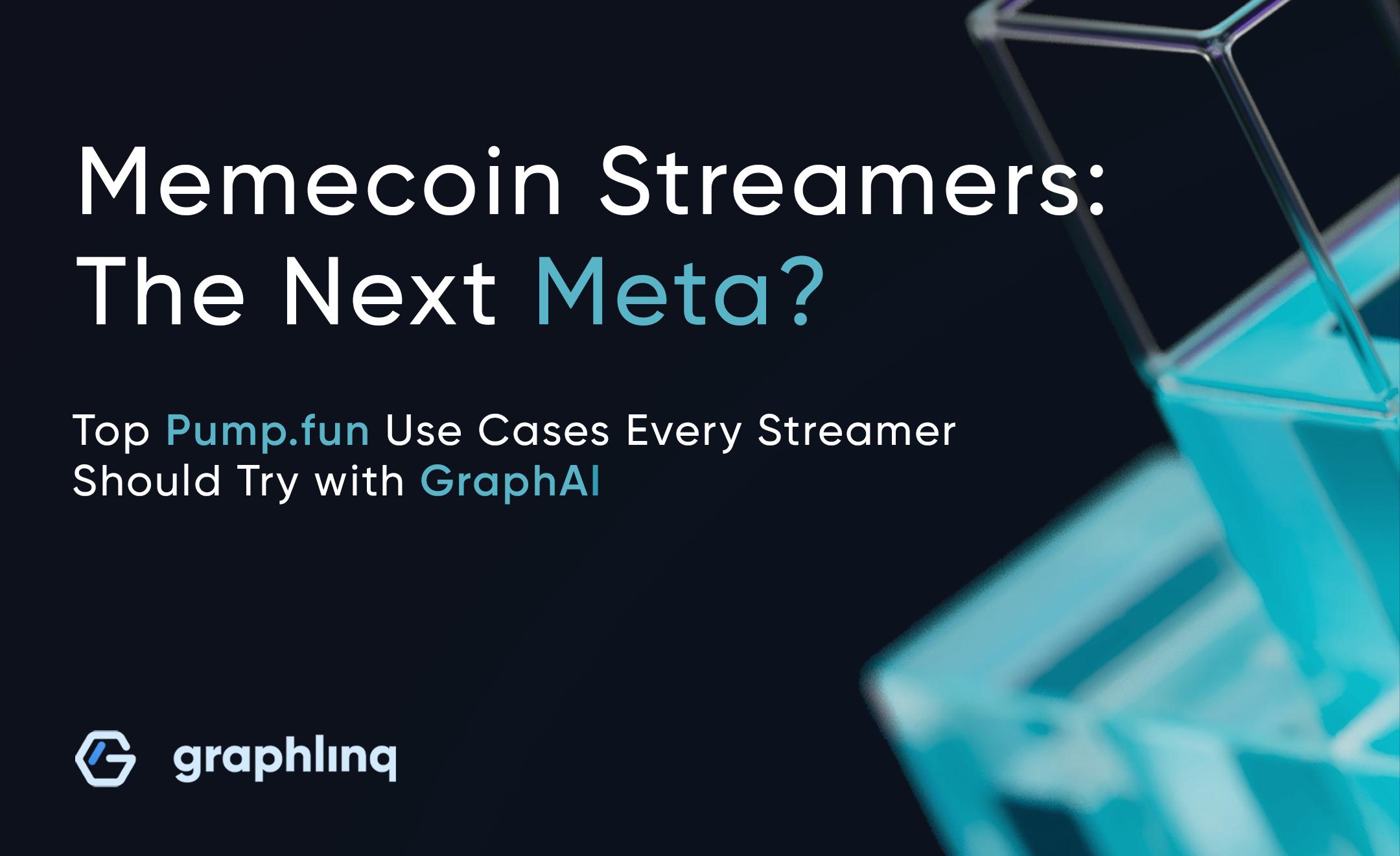
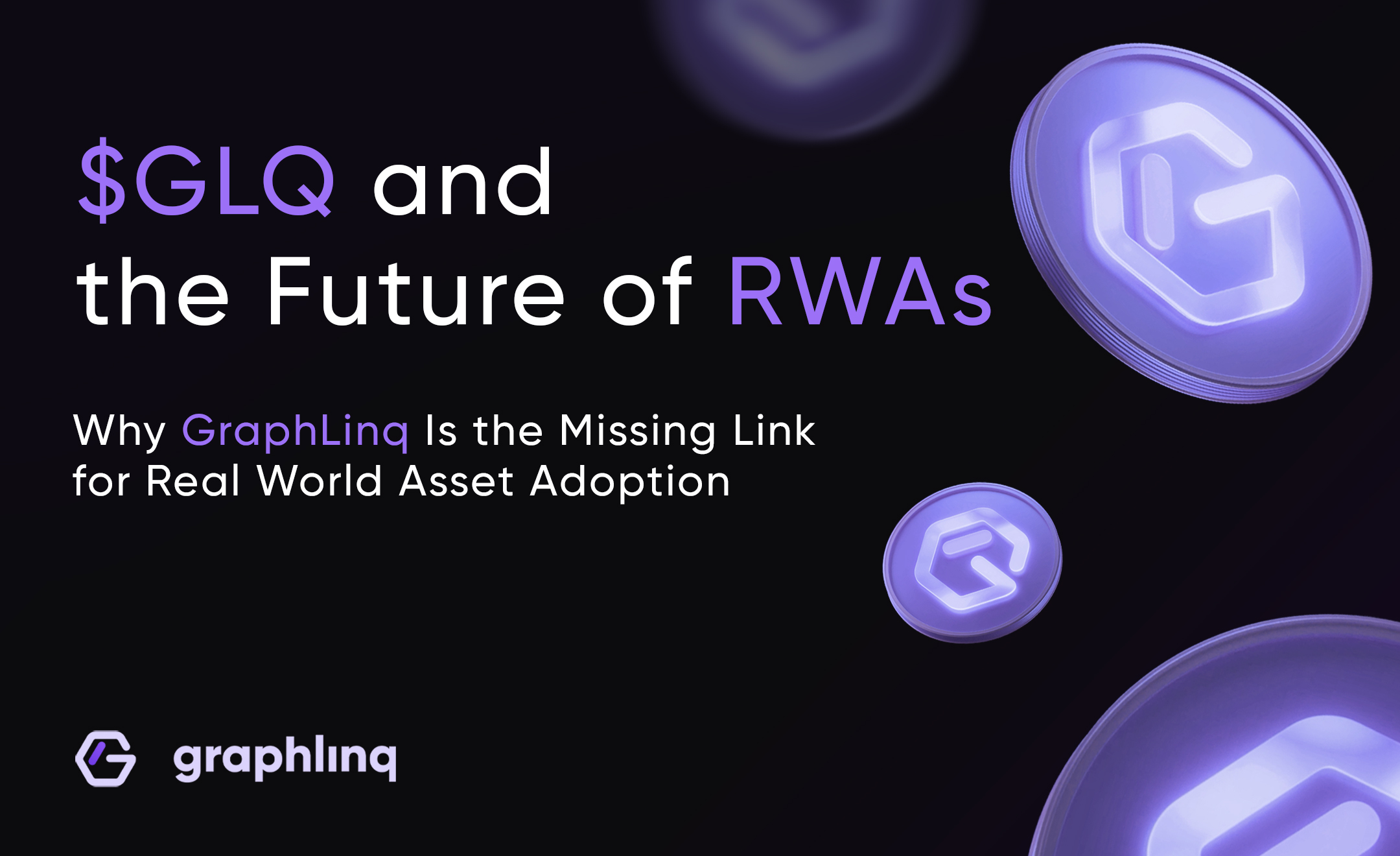
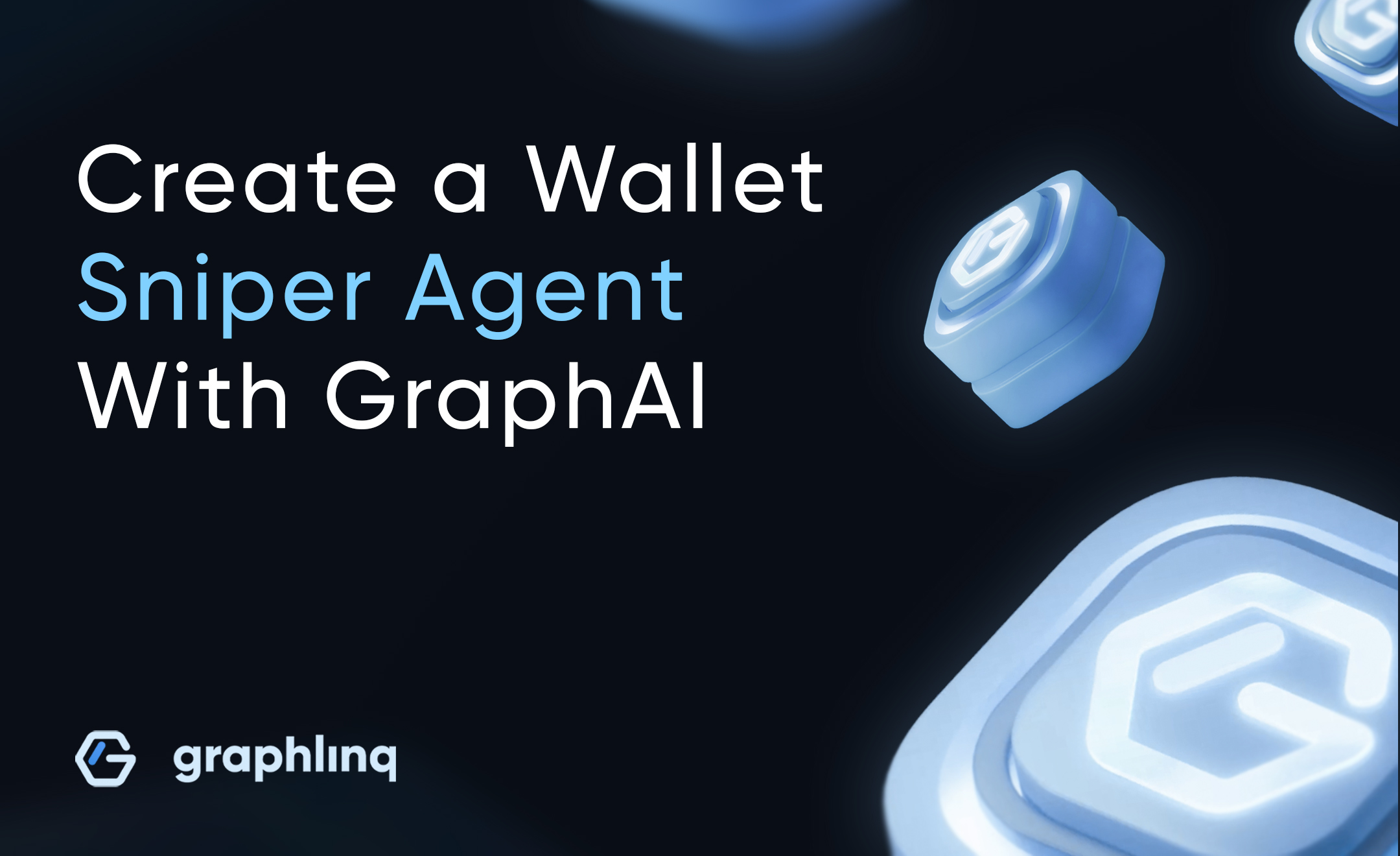

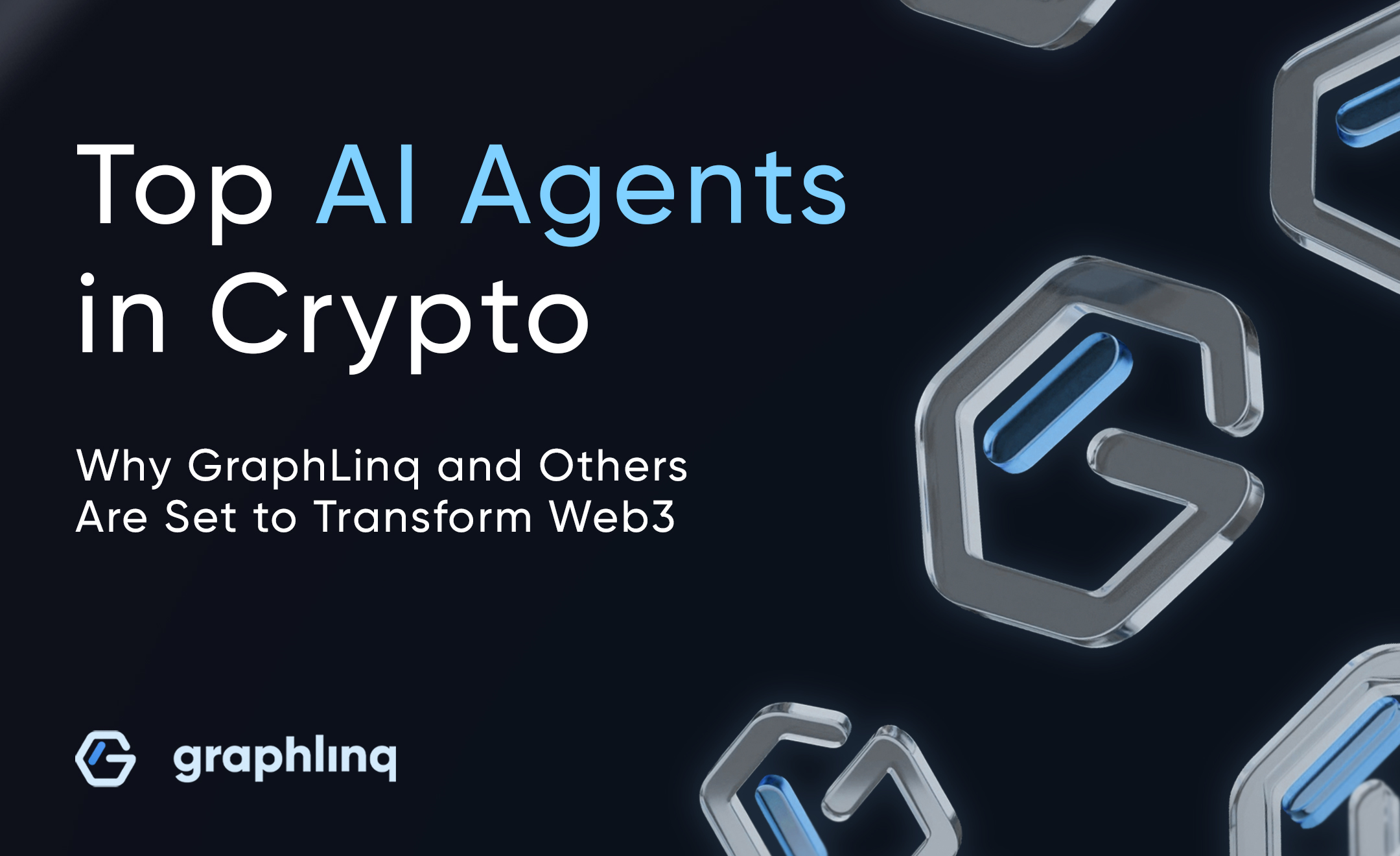
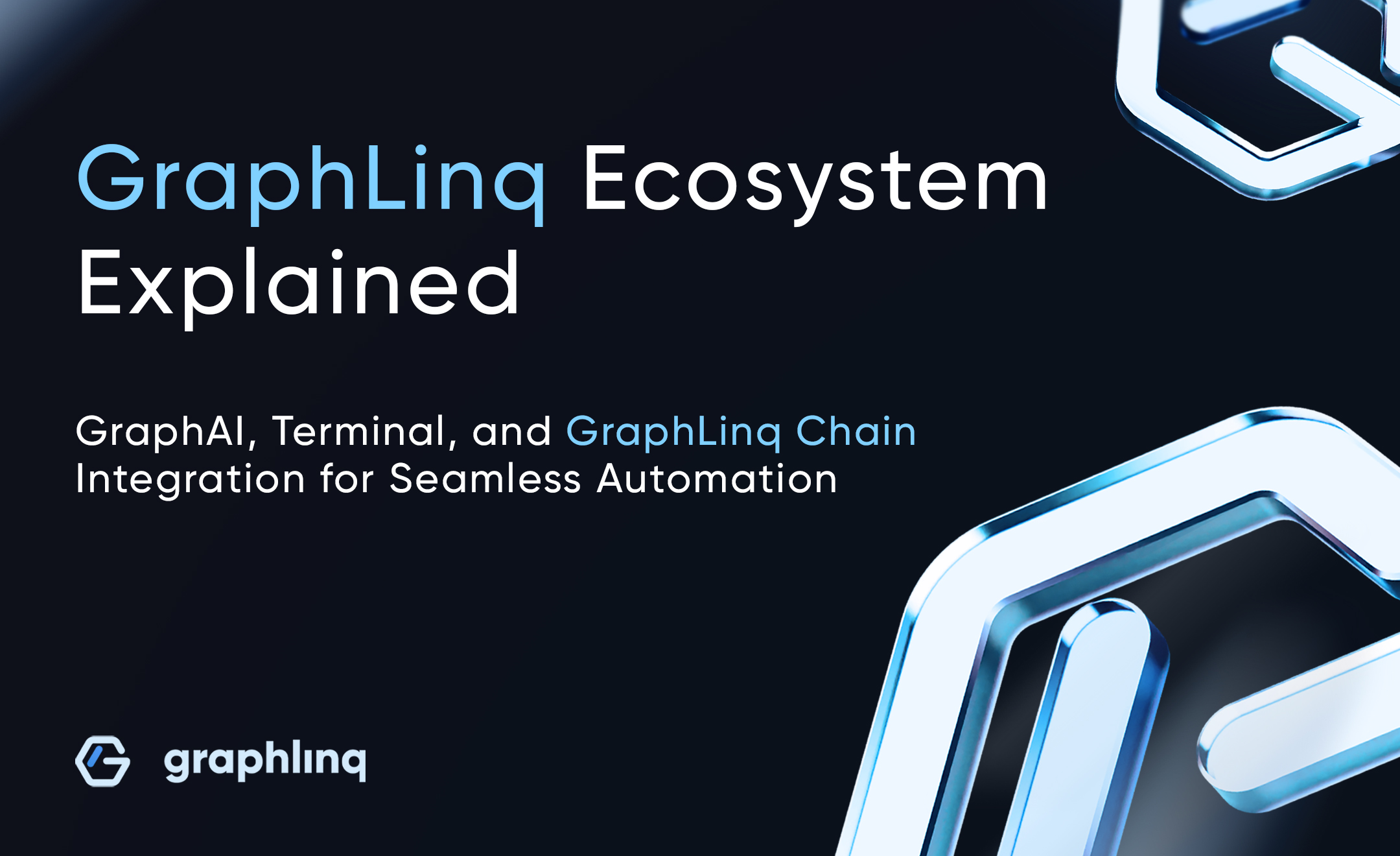
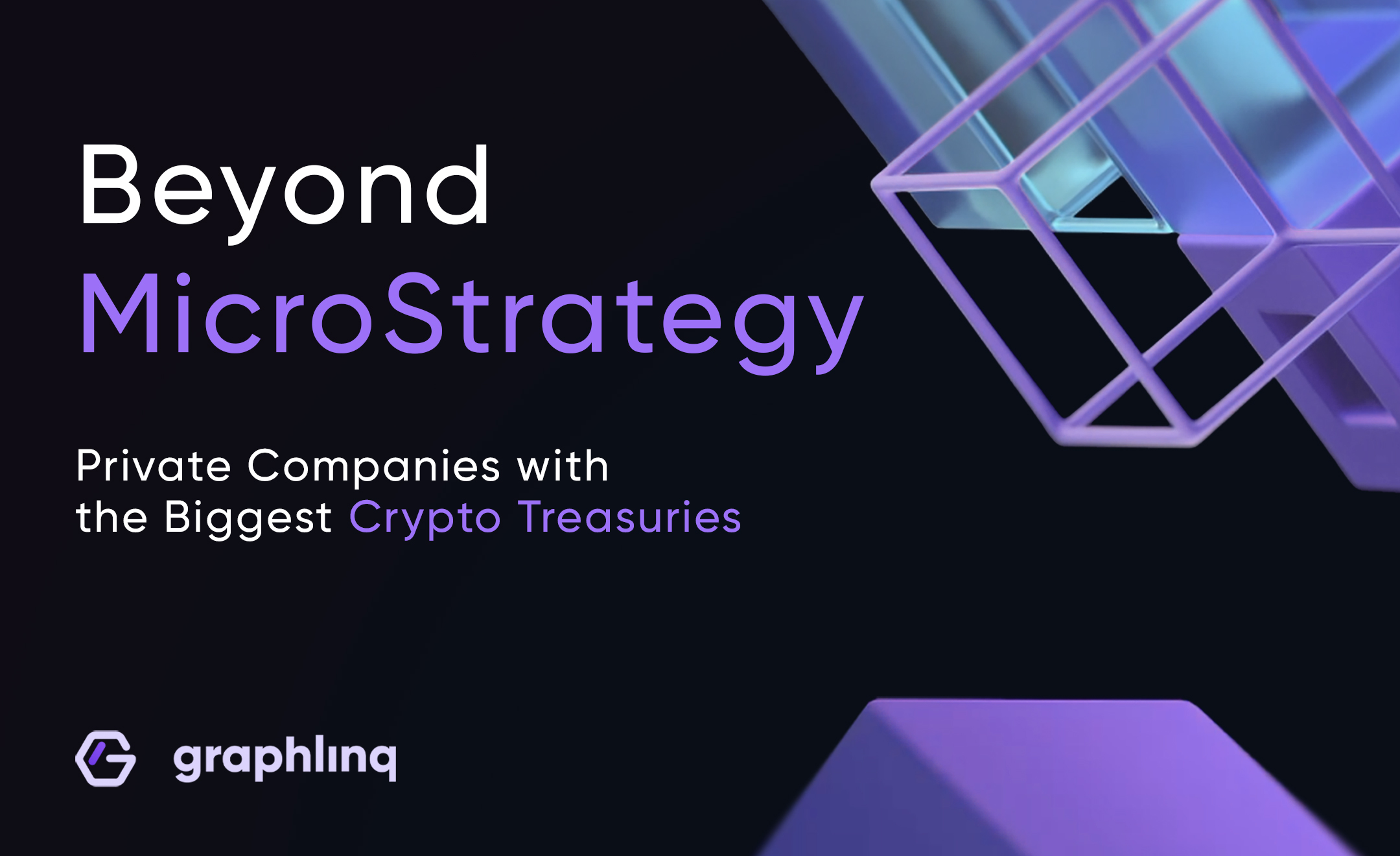
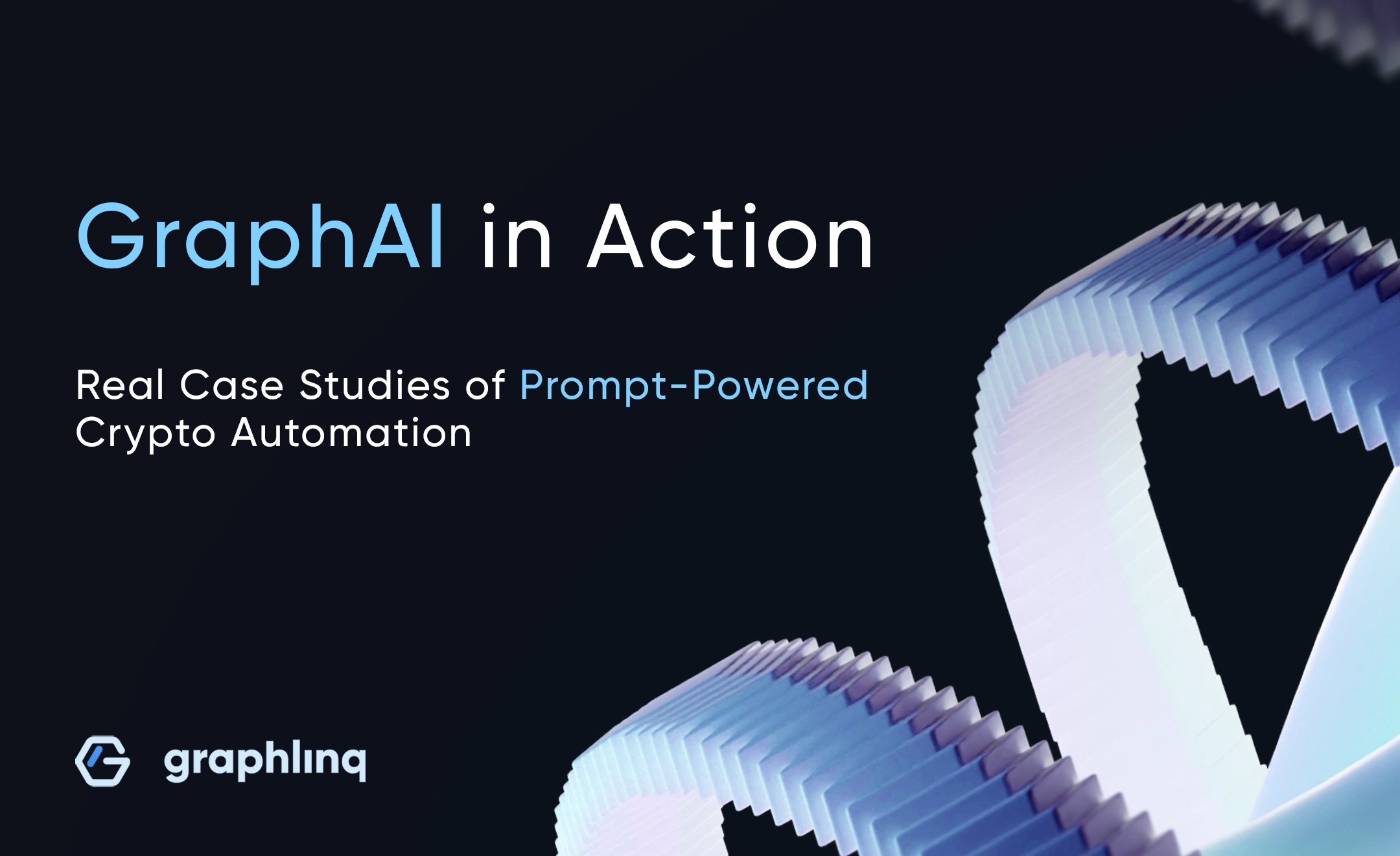






%20Do%20Bitcoin%20Cycles%20Still%20Work_.jpg)
%20What%E2%80%99s%20Next%20for%20Bitcoin%20in%202025_.jpg)



%20What%20Is%20a%20Crypto%20Swap.jpg)






























.jpg)
%20How%20to%20Find%20New%20Cryptocurrencies%20%20Worth%20Investing%20In.jpg)
%20Understanding%20Cryptocurrency.jpg)

.jpg)

%20cases%20and%20Future%20of%20Ai%20in%20Crypto.jpg)
%20How%20to%20Create%20Your%20Own%20MetaMask%20Wallet.jpg)
%20How%20to%20use%20your%20Crypto%20wallet%20safely.jpg)
What%20is%20a%20smart%20contract.jpg)
%20How%20to%20Protect%20Against%20Crypto%20Scams%20and%20Ponzi%20Schemes.jpg)









